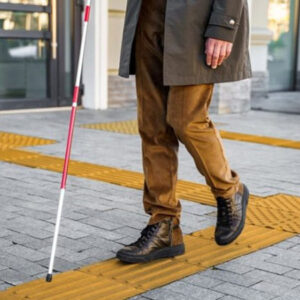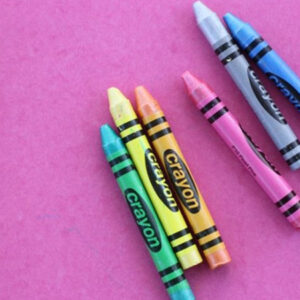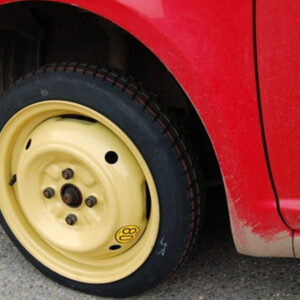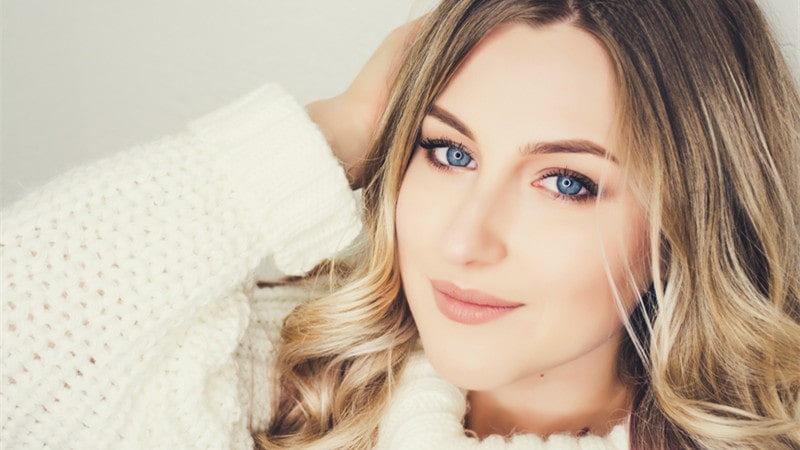
As every hair stylist will tell you, a conditioner should be crucial to everyone’s hair routine. It keeps your hair healthy, moisturizes it, and helps it achieve that gorgeous TV commercial shine.
So, since it’s that good for your hair, that must mean the longer you keep it in, the better the effects, right? Well, that’s not necessarily the case. In fact, let’s take a look at exactly what happens if you leave the conditioner in your hair for too long.
Should You Leave Conditioner in Your Hair?

If you don’t know how the conditioner works, here is a quick rundown. This cosmetic product contains cationic surfactants with a positive charge that are thus naturally drawn to the negative charge of your hair strands. The surfactants bind to the strands and surround them, creating a protective coating. Thanks to that, your hair remains hydrated and nourished for hours after use.
Aside from this moisturizing effect, the conditioner also contains oils that help with detangling after washing and make the hair look smoother. And if you frequently use straighteners, blow-dryers, and curling irons, this product should become your best friend. After all, nothing can prevent and undo heat damage like a conditioner.
Despite all these benefits, you’ll notice that most conditioner brands advise you to rinse the product a few minutes after the application. At most, you may leave it for up to thirty minutes. But even that might be a little too much.
What Happens If You Leave Conditioner in Your Hair?

So, why exactly is it important not to let the conditioner stay in your hair for too long? Well, over-conditioning may result in hygral fatigue — the swelling of hair cuticles due to excess moisture. Then, that leads to cuticle damage, breakage, and hair tangling.
What’s more, people with hygral fatigue frequently experience quick dirt build-up, which eventually damages their scalp and hair. As a result, they are at a greater risk of developing scalp infections. And finally, over-conditioning won’t make your hair more shiny or pleasant to the eye. On the contrary, it may appear dull or lifeless due to the moisture.
Of course, you won’t experience hygral fatigue if you leave your conditioner on for a few minutes longer than you should. But if you forget to rinse it out overnight or frequently let it stay in your hair too long, you might spot the first symptoms. Then you should stop using your conditioner for a while to let your hair rest from all the moisture.
And if your hair is already damaged, you’ll be naturally more prone to hygral fatigue. That doesn’t mean you should give up on conditioners entirely. On the contrary, damaged hair can greatly benefit from it. But be careful how much you use, and make sure to choose the type of conditioner that suits your hair the best.
Can Leave-In Conditioner Damage Your Hair?
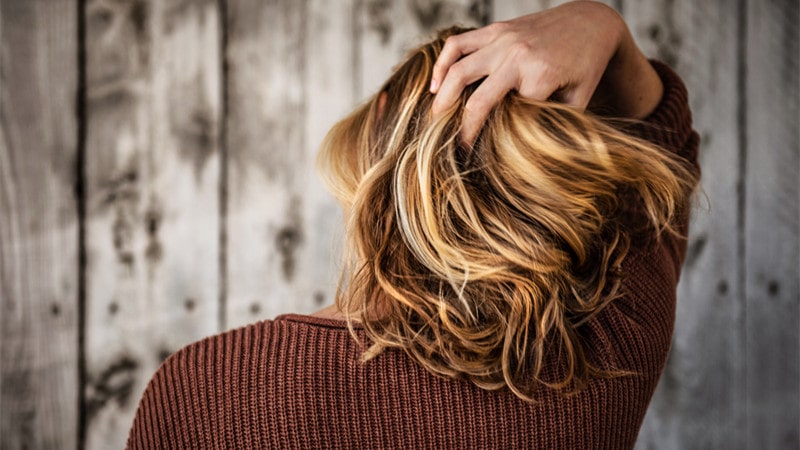
Everything you’ve read so far applies to regular conditioners you’d use after every wash. Leave-in conditioners are a different matter — after all, they are meant to stay in your hair without rinsing. But if that’s the case, they shouldn’t be damaging your hair, right?
To an extent, that’s true. Leave-in conditioners won’t cause hygral fatigue as quickly as the regular kind. But that doesn’t mean you should use them excessively either. Applying them once a week is perfectly fine, but more than that isn’t necessary unless your hair is really dry and needs some extra care.
Also, if you do want to use a leave-in conditioner every time you wash your hair, make sure to check the instructions first. Some are safe even if you apply them that way, while others aren’t.



